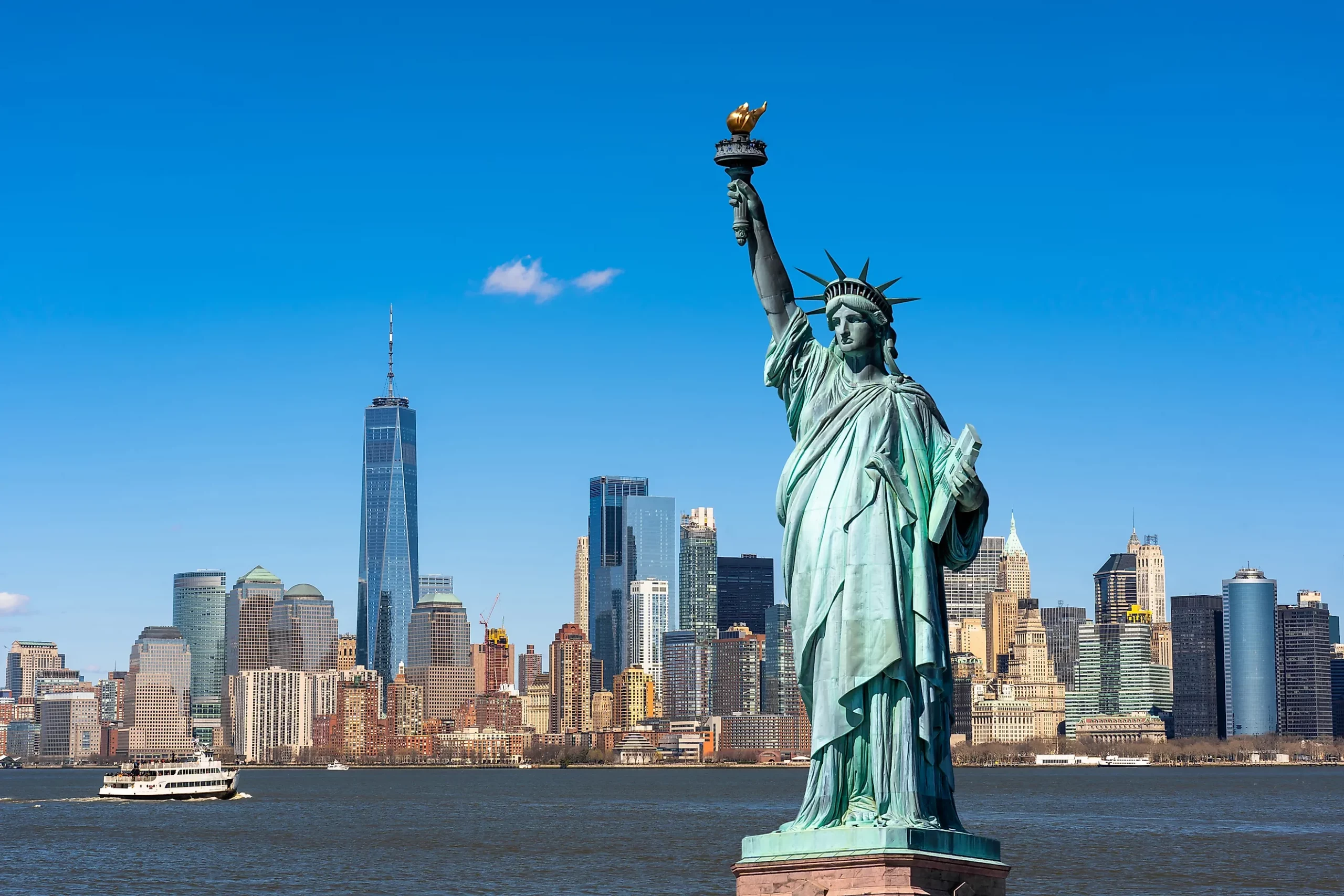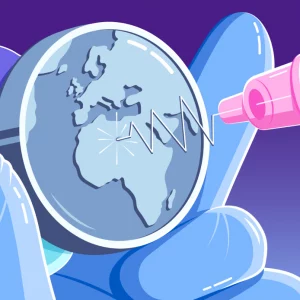It feels like every other day we hear about a young black person who was murdered by police. In 2023, 1,160 black people were shot to death by law enforcement. African Americans are 12% of the population, but they were 24% of those killed in police shootings, which is a stark contrast when one considers that white people make up 58% of the populace and only 43% of police deaths.
When you turn on the news, it’s filled with stories of racial violence perpetuated by white aggressors and white nationalist political pundits, such as Tucker Carlson and Ben Shapiro, pushing narratives calling for more hate to come to fruition. With such a toxic national political climate, you may ask yourself how our nation got to this point. Well, to understand the current racial animosity in our country and how we may address it, we must look into the past and understand the historical situation that led to the world which we live in today.
Ever since Christopher Columbus set foot on Hispaniola in the late 1400s, European civilization has been obsessed with extracting the resources of the Americas and crushing anyone who stands in their way. The notion of white identity developed during the age of colonization and the transatlantic slave trade. But in reality, what we think of as “white identity” today does not have to exist as it always has. If we focus instead on fostering a deeper meaning of European ethnicities, we can build a community based around strengthening family ties and self identity, rather than just simply fixating on hate and maintaining white social authority.
In modern times and throughout cultural history, an ethnic culture outside of an American nationality has been quintessential to one’s identity, and losing it can be devastating. A lot of people in our contemporary moment in this country say they aren’t just American. They are Chinese-American or Mexican-American, or one of the many other combinations, but most White Americans do not have this.
Most of the historical mass migrant groups that have now been accepted into whiteness through generations of Americanization—like the Slavs and Germans as examples—have lost their cultural identity. This loss of identity has caused many individuals within these groups to descend into white nationalism. When one’s ethnic culture is stripped, and they are brought into the dominant ruling societal racial class, all that is left are the white racial extremist aspects. We see this in the modern political context with “white identity” predominantly being discussed on places like 4chan and at Trump rallies, while rarely being used in the pursuit of knowledge of these deep and rich cultures.
A common conservative argument that plagues discourse on social media and family dinner tables is the question: “Well, if they have a black pride march and a Hispanic pride march, then why can’t we have a white pride march?” The fact that the individuals posing this question are usually only saying it as a gotcha moment to an ill-equipped Liberal counterpart demonstrates why there’s nothing to celebrate in terms of our modern understanding of white identity. This question is never made as a serious request, and instead only exists to instill a sense of hypocrisy and confusion in the uneducated mind. When you examine any group that professes to celebrate “white pride”, 99% of the time they are only concerned with maintaining white power.
The identity crisis coinciding with the rise of race-based hate has led to the political climate we have today. Donald Trump’s anti-immigrant and anti-Muslim rhetoric has contributed to a 38% increase in white nationalist propaganda in 2022 from the previous year, and that number does not seem to be slowing down anytime soon. On top of being harmful to racial minorities, the MAGA crowd has also been problematic to other disenfranchised groups, like trans people. For example, Republican legislatures in the Trump era have seen the largest rise in anti-trans legislation in history. So, when we look at the intersection of these two colliding race-based problems, at such a crucial point in American history, what can be done?
White Americans must reconnect with their European roots. However, how can someone realistically go about doing such a thing? How can we help stop this uptick in bigotry and violence? The answer might be simpler than you think. Personally, I identify as a “White American” with no true idea of what that actually means. How am I, someone of primarily Irish and German descent, supposed to share the same race and culture with someone whose grandparents came from Italy? Or a recent immigrant who has lived in Eastern Europe their whole life? I can’t, and that’s the point.
On a college campus, there are so many clubs and organizations centered around non white identity— student unions, social clubs, you name it. Why not start one for Irish heritage? Or German heritage? What is stopping someone from starting a club that fiercely rejects the far-right agenda and their understanding of European heritage, and instead create a space where you can learn the tongue of ancestors, as well as their history, traditions, and customs?
There is a risk that a club such as this could become a hub for ethnonationalism ideology. This risk is greater than other race-based orgs due to our country’s long history with white supremacy. Nevertheless, with tighter and closer regulation than other clubs that are based around racial identity, a school could very well foster an environment where an organization focused on celebrating a European ethnic heritage could not only be permissible but beneficial to many in the student body.
The fight to retake what it means to have European ancestry also starts at home. So many cultural holidays are relegated to one day, if they are celebrated at all. For example, the only time my family talks about anything related to our Irish heritage is on Saint Patrick’s Day. Why not extend this in little bits throughout the year? Teaching kids where they come from and what makes them who they are should be foundational to all American households. The United States is a nation of immigrants, many call it a melting pot, and children should grow up aware of what they and their ancestors contributed to that pot.
If families, grassroots organizations, and social clubs focus on expressing non-problematic notions of “white identity,” then society will see fewer teens going down the alt-right pipeline and fewer terrorist attacks perpetrated by White Americans.
One may argue that by increasing social-ethnic divisions we may cause greater tension in society, but practicing in the strategy just laid forth will surely do the contrary. As mentioned earlier, the concept of “whiteness” doesn’t truly exist, or at least it didn’t before colonial time, and this collective racial identity is the cause for social division rather than vice versa. The concept of race exists merely to assert the notion of superiority and inferiority; nothing more, nothing less. While problems with infighting can occur among many different European ethnicities, if these ideas of ethnic pride are fostered in non-violent and unhateful ways, the issues that would arise can be avoided.
Now, it is foolish to say that partaking in this way of engaging with ethnicity will completely negate the racial issues in the United States, but it would be a good start. With something like race that has such a complex history filled with tragedy, there is no one way to completely rid it from society. However, if people collectively take action to fight back against social ideas that have been ingrained in this country for centuries, then there can start to be a change in how we think, behave, and treat each other.
Featured Image Source: WorldAtlas.com






Comments are closed.